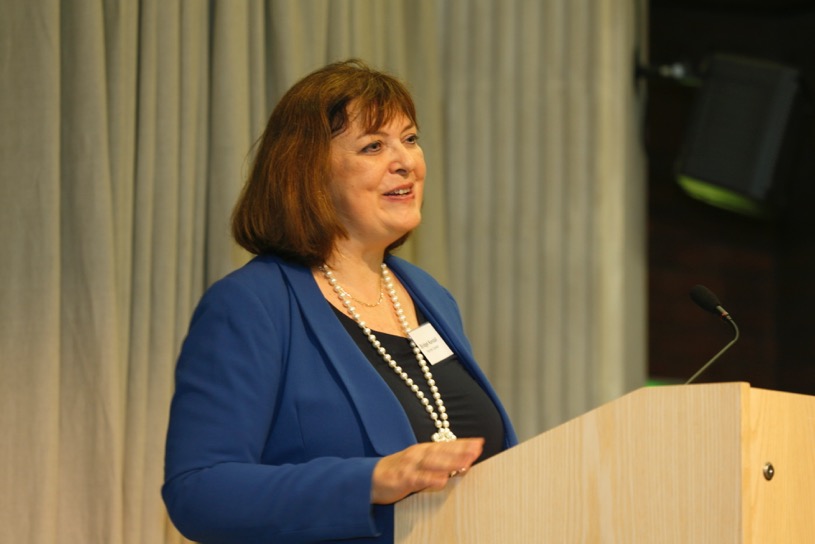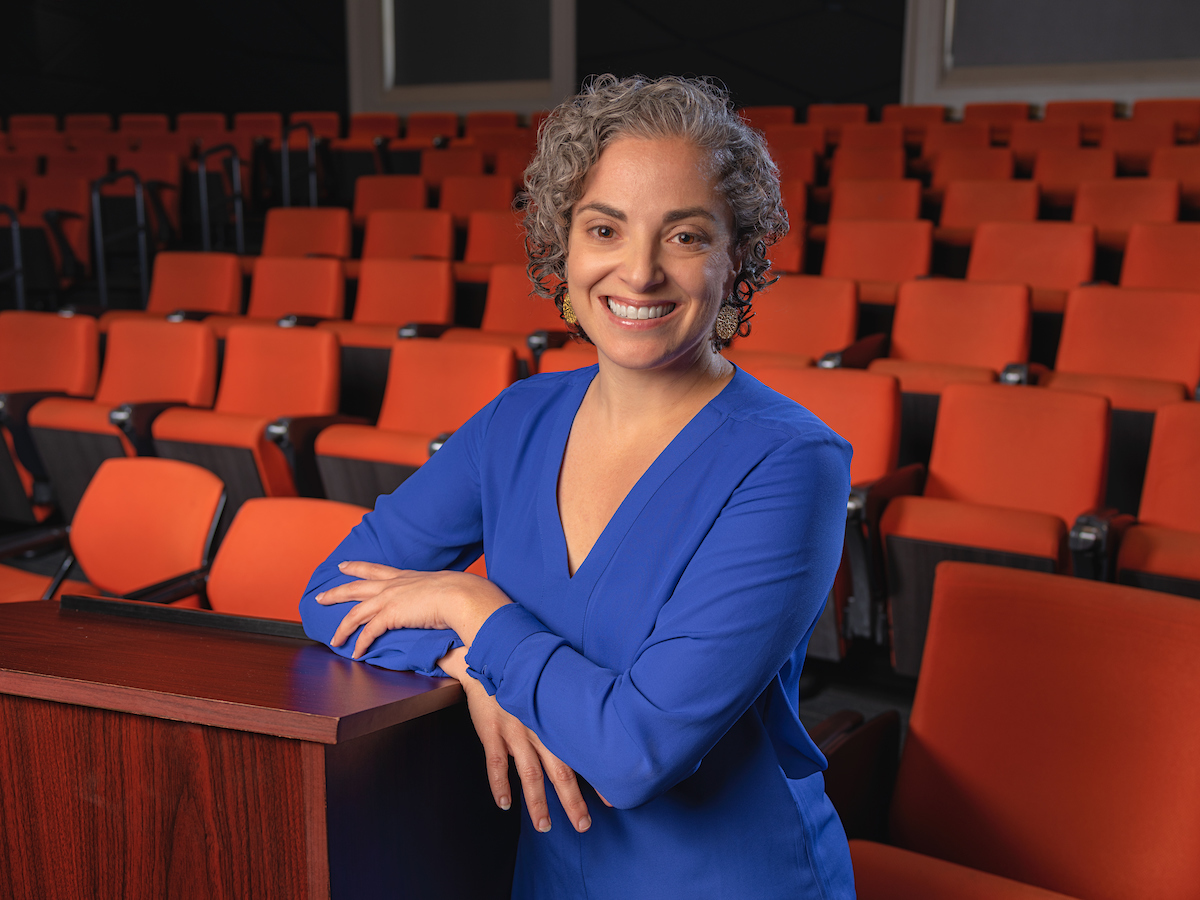
Bridget Kendall opens inaugural Gates Cambridge Biennial with a plea for a broad range of scholarship in an uncertain world.
You are incredibly important. You are a resource for the whole world.
Bridget Kendall
Scholars from a huge diversity of subjects are a vital resource for a world as it faces an increasing number of traumatic shocks, former BBC Diplomatic Correspondent Bridget Kendall told the inaugural Gates Biennial at the weekend.
Bridget Kendall is the first female Master of Peterhouse College, Cambridge’s first college. She spoke about the increasing uncertainty in the world and the growing sense of risk, danger and confusion, the rise of populism, irrationality and emotion, the feeling of disenfranchisement and dislocation felt by many people. Speaking on the day after the attempted Turkish coup, she said the likelihood was of more profound shocks across the globe which were impossible to predict.
Kendall said the University of Cambridge had given a clear message about Brexit – that it would pursue its links with Europe, remain open to business as usual as a global university and continue to seek to attract and collaborate with the best. Gates Cambridge was “a timely reminder of the importance of resisting tribalism”. She said that the ethos of Gates Cambridge, of giving back, of being open to other viewpoints, of respect for each other, was more important than ever.
Kendall spoke of the importance of all types of academic study and how her own studies in Russian literature, funded through various fellowships, had given her an insight into another culture and helped her to understand developments in her time at the BBC, first as Russia correspondent and laterally as Diplomatic Editor. “My studies were a gateway into understanding Russia and formed the bedrock of my knowledge about the inner workings of Russia. That was to prove invaluable for a 33-year career in journalism,” she said, speaking about her interviews with Putin, Gorbachev and other leading Russian figures.
Kendall ended by saying that Gates Cambridge Scholars should not underestimate their importance as “a resource for the whole world”. “You are incredibly important,” she said, adding that it was vital to support “a wide range of subjects which will bear fruit for who knows what we will face tomorrow”.
The Gates Biennial, which took place from Friday 15th to Sunday 17th July, was a collaboration between the Gates Cambridge Trust, the Gates Cambridge Alumni Association and Gates Cambridge Scholars Council and aimed, as Provost Professor Barry Everitt said in his opening speech, “to provide opportunities for scholars and alumni to interact and for alumni to reimagine their connection with Gates Cambridge”. That included creating a global network of leaders looking to impact the world for the better.
Just before Kendall’s speech there was a message from Bill Gates who spoke of how he hopes the Biennial would “energise and sustain our commitment and passion for improving the lives of others”.
Saturday and Sunday were filled with panel discussions and workshops – on which several scholars and alumni spoke – as well as a concluding plenary panel on the future of space with Lord Martin Rees, Emeritus Professor of Cosmology and Astrophysics, journalist Sarah Cruddas and public astronomer Carolin Crawford.
From mobile technology to migration
The panel discussions included a session on mobile technology and the arts, which questioned how the internet had changed what was considered art, who was considered an artist and how art was funded as well as whether artists were really pushing the boundaries of what could be produced and whether art was a useful category for considered disparate forms such as film and dance.
Another session was on antibiotic resistance and covered everything from the need for more education about overuse of antibiotics, better diagnosis of illness so that the proper treatment could be prescribed, greater surveillance to understand how bacteria have evolved resistance mechanisms and the development of new treatments using synthetic biology as well as how government could incentivise drug companies to develop new antibiotics.
Panellists at the session on migration in the 21st century focused on the criminalisation of migrant women, many of whom had been trafficked and how the state was failing to address the issue of offenders who were also victims. It also covered changes in the law which had discouraged people claiming asylum at Europe’s airports and forced people to opt for more dangerous routes and myths and ignorance about the people who were in the Calais camp and their journeys to Europe. “There are more engineers in the camp than you can shake a stick at,” said storyteller Glenys Newton. She spoke of meeting an eight-year-old Kurdish Iraqi girl who had survived the crossing from Turkey to Lesbos. Newton had worried that she had no skills that were helpful to the refugees. The girl recognised her again when she got to Calais. “She said she carried my smile across Europe,” said Newton. “Everyone can help in some way.”
Sunday's sessions included a workshop, entitled Workplaces that lean in: achieving equality and diversity at the top, led by alumna Jennifer Piscopo [2002]. She covered different aspects of gender bias in career progression, including myths about merit-based recruitment, the glass cliff whereby women often only get promoted when there is a crisis so that they are more likely to fail, quotas for women at the top of organisations and the importance of disrupting group think. She called for increased efforts to draw attention to the low numbers of women in high positions, a greater emphasis on diversity in the recruitment process, a questioning of received ideas about what constitutes merit and the adoption of quotas for top positions.
*Picture credit: John Thompson, Jet Photographic.

Jennifer Piscopo
- Alumni
- United States
- 2002 MPhil Latin American Studies
- Darwin College
I am Professor of Politics and Gender and Director of the Gender Institute at Royal Holloway University of London












